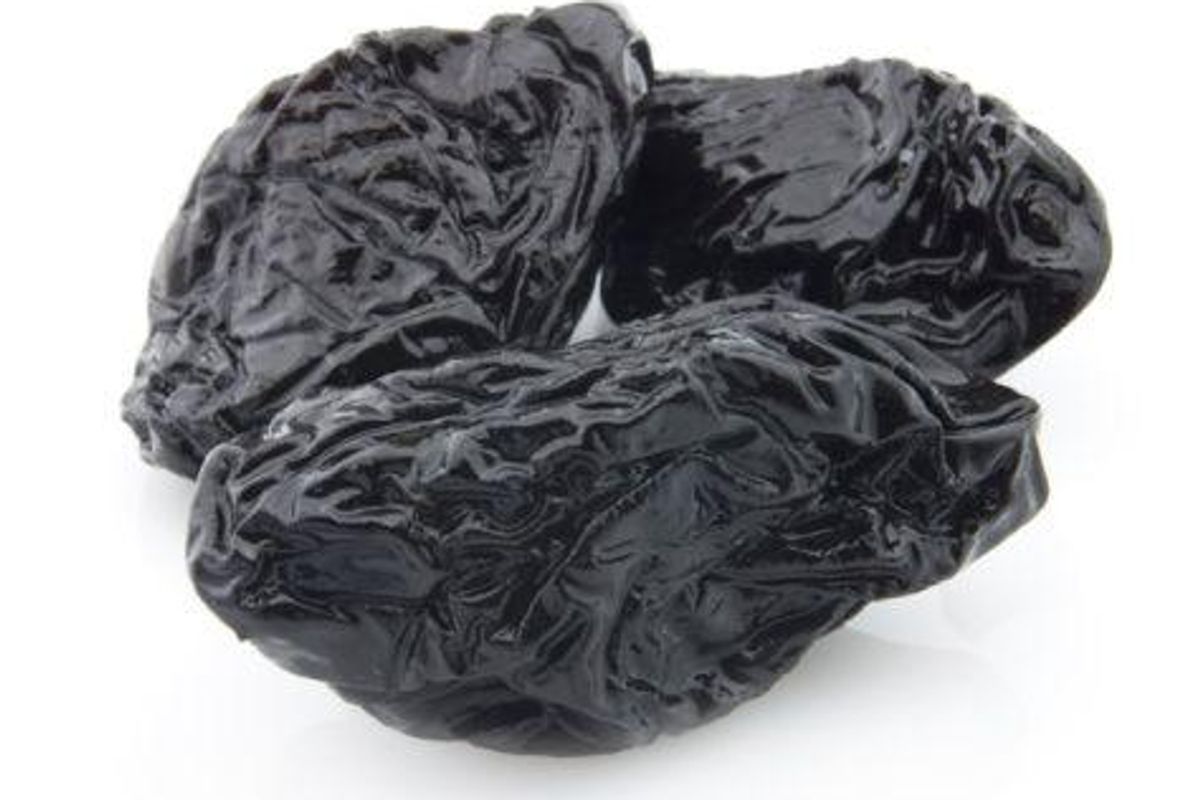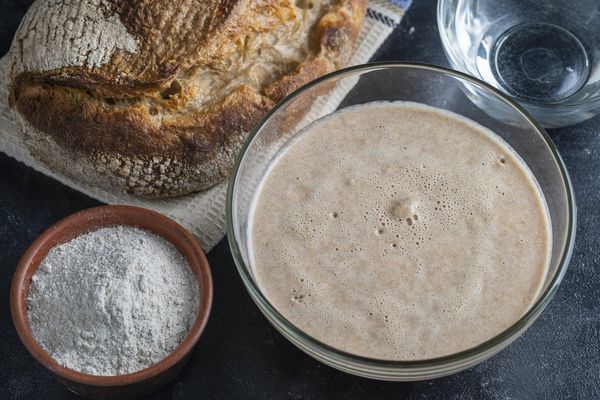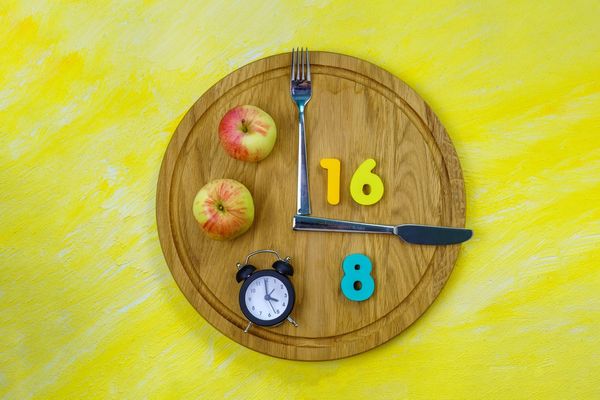Prunes are good for more than just … well, you know. In fact, after you read why, you may never look at those dried out, wrinkled fruits (which are actually dried plums) in quite the same way again.
Quick. Free association time: When you think about a prune, what's the next thing that pops into your head?
I remember when I was younger and had occasional problems with constipation, my mother would prod me with prunes or prune juice. To me, the dark-colored juice was the equivalent of cough medicine—sweet and sticky, vile and viscous. It was the magic serum of old people, after all—something that had a permanent place on the shelf of my grandmother's refrigerator. Definitely not for anyone under 80, I thought.
But with all our recent talk about bone health, prunes—actually dried plums (now, doesn't that sound more palatable?)—are something to consider for any woman who wants strong(er) bones. A Florida State researcher has redeemed the reputation of the fruit. He discovered that prunes play a role in helping to prevent fractures. When women consumed about 10 prunes daily for 12 months, they were found to have significantly higher bone mineral density.
Prunes are also high in antioxidants, potassium (a mineral that helps normalize blood pressure) and fiber. They help stabilize blood sugar and insulin levels.
P.S. Due to the hurricane having battered the area where I live, I have relocated to temporary quarters and am a bit behind in my posts. But don't worry: I haven't forgotten that I owe you Part 3 of your resistance training from my visit to the Miraval spa. (Have you been waiting with uncontrollable anticipation? Maybe just a little?)







